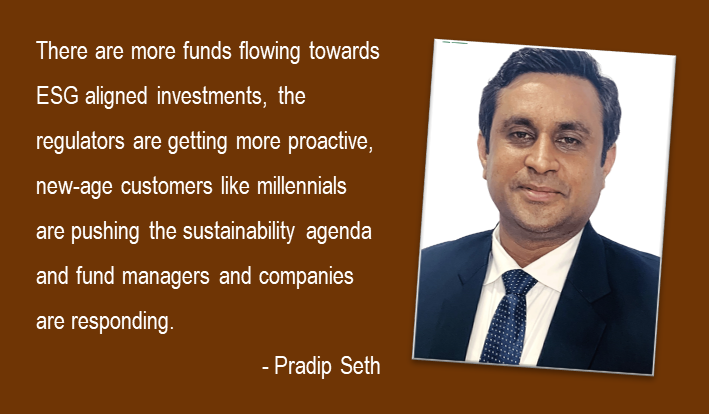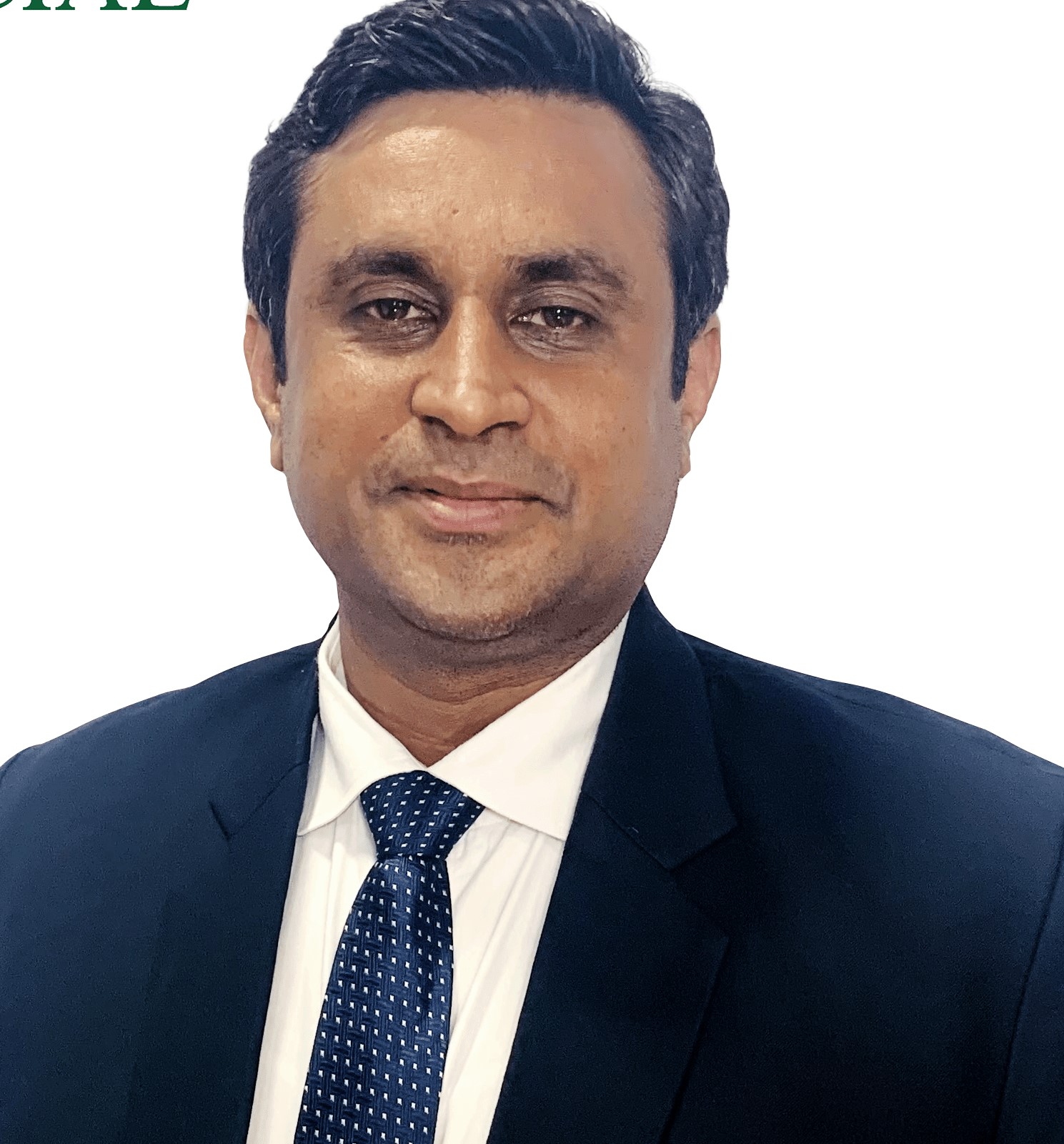The ongoing conflict between Russia and Ukraine war is severely affecting the global economy and there is impact on financial markets as a by-product. The war is not only leading to a huge impact on commodities like Oil, it has also led to a serious rethink for several companies which are virtually forced to take their business decisions on the basis of which country they belong to or which side they support in this war.
The war has not only hit the global energy companies and the joint ventures of organisations like BP and Shell with their Russian counterparts are impacted, there are also announcements by consumer facing companies like McDonald’s that they will shut down their operations in Russia. Apart from this, some major global investment banks like Goldman Sachs and JP Morgan have also said that they are exiting Russia.
The uncertainty for Global Markets is manifested through, a) Direct impact on global financial markets, b) Rising commodity prices and impact on inflation, c) Supply chain disruption in sectors like Resources and Automobiles, d) Impact on Emerging Markets vs. Developed Markets trade and, e) Fears of a war-fuelled global recession. Amid all this, the only silver lining could be that the US Fed may do a rethink on its rate hike plans, in order to support the market.
If we talk about the recent popular trends in the investment management industry, the rise in popularity for ESG (Environmental, Social and Governance) parameters is a strong phenomenon over the last few years. There are more funds flowing towards ESG aligned investments, the regulators are getting more proactive, new-age customers like millennials are pushing the sustainability agenda and the fund managers and companies are responding.
In this context, it is important to look at what has changed for ESG as a result of this war? The important questions are, a) How quickly the world needs transition to renewables, b) Is defence equipment industry that bad, c) What is the cost of ignoring governance, d) Will high Oil prices create opportunistic trades in this sector for portfolio manager and, e) Can high inflation put a brake on shift towards sustainability.
In simple words, is the war good or bad for ESG and how does the future look like for the use of ESG filters in investment decisions? The most important takeaway from this conflict is that it has strongly emphasised the importance of ESG in investments. For example, there is more fund raising likely in the renewables through green bonds and the fund managers need to pay attention to the quality of data and decision-making inputs they use.
Along with this, it is not difficult to expect that governance will rise further in the pecking order. This does not mean that the environmental and social factors will get ignored, but there will be a more holistic assessment of governance factors and the associated risks. Also, there is a shift needed in the conventional approach and there is a need for data backed decisions instead of qualitative approach. This means that there is a strong likelihood that ESG reporting will have to undergo a change and there will be an overhaul required in the popular ESG frameworks.
All these changes in the ESG space will have important implications for the corporates. We can expect, a) more activism from institutional shareholders, b) more questions on energy sourcing and supply chains to the companies, c) increased fund flows for the companies doing better on ESG, d) additional data points in scrutiny from the regulators, and e) a shift from a ‘tick the boxes’ approach to a more honest assessment of materiality.
For the companies, it is important to think of ESG as a differentiator and not as a compliance burden. For sure, across the globe, the regulators are getting more proactive on ESG issues and they will expect better and more standardised disclosures from companies and hence, the corporates need to focus on quality and not quantity of reporting. However, all of this also means that the companies have an unprecedented opportunity to identify the blind spots and make a positive impact on the planet and the humanity.
The views and opinions published here belong to the author and do not necessarily reflect the views and opinions of the publisher.



Be the first to comment on "Russia-Ukraine War: Implications for use of ESG in Investment Decisions"